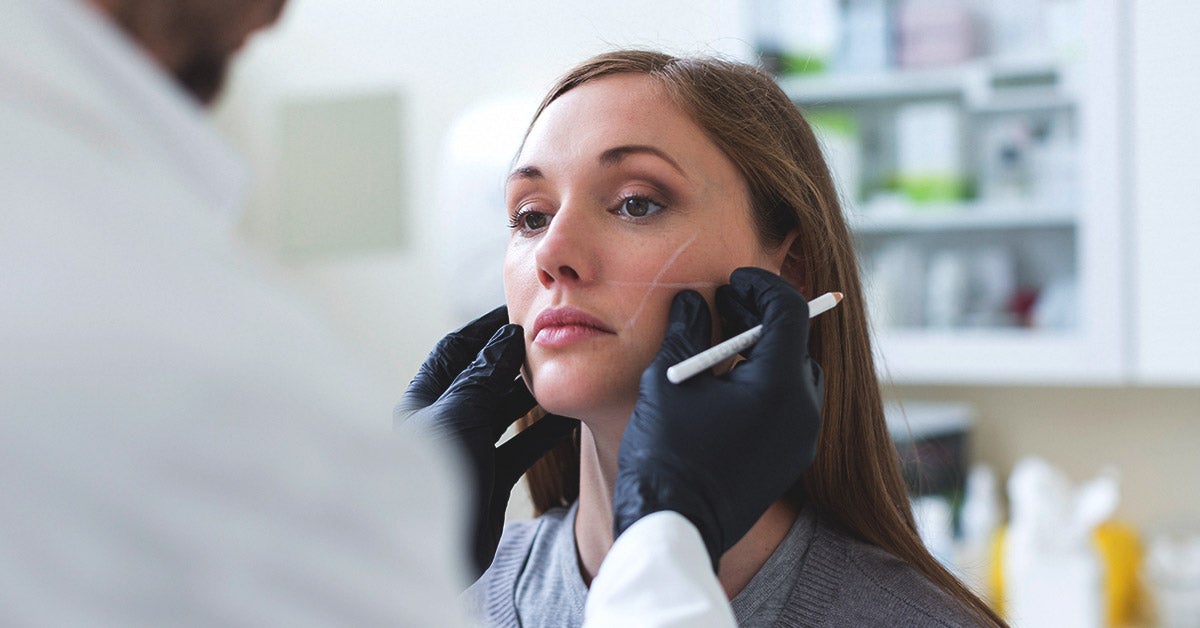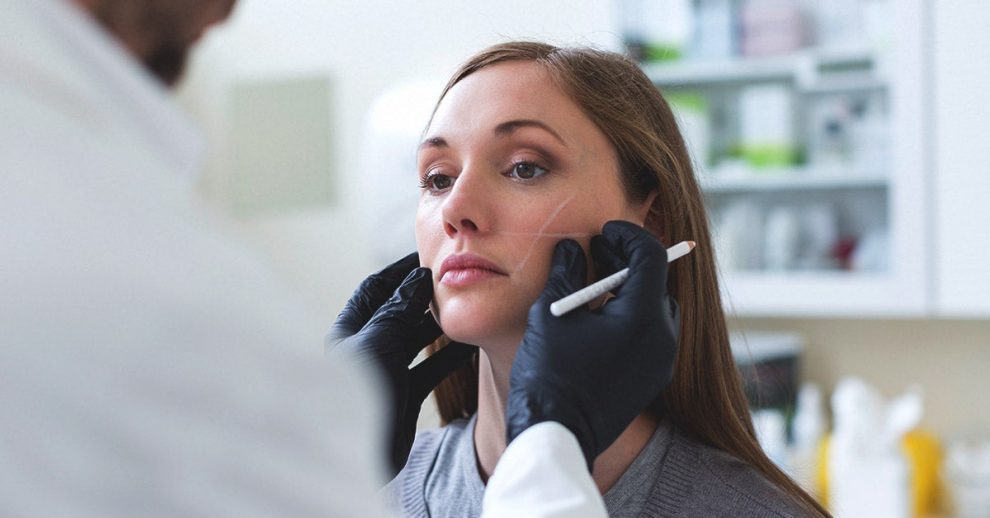
Introduction:
Aesthetic surgeries, also known as cosmetic surgeries, have gained significant popularity in recent years. These procedures aim to enhance one’s physical appearance, boost self-confidence, and improve body image. However, it is essential to understand the psychological impact that accompanies these surgeries. In this comprehensive study, we will delve into the psychological implications of aesthetic surgeries, examining both the positive and negative effects on individuals’ mental well-being. By shedding light on this complex topic, we hope to provide a comprehensive understanding of the psychological aspects involved in these procedures.
1. Improved Self-Confidence and Body Image
One of the primary motivations for undergoing aesthetic surgeries is to enhance self-confidence and improve body image. Here are a few ways these surgeries can positively impact individuals’ psychological well-being:
a. Reduced Body Dissatisfaction: Aesthetic surgeries can help reduce body dissatisfaction, especially for individuals who have struggled with specific features or insecurities. By addressing these concerns, individuals may experience an improvement in their body image and overall satisfaction with their appearance.
b. Increased Self-Esteem: Positive changes in physical appearance resulting from aesthetic surgeries can contribute to increased self-esteem. When individuals feel more confident in their appearance, they may experience a greater sense of self-worth and social confidence.
2. Managing Body Dysmorphic Disorder (BDD)
For individuals diagnosed with Body Dysmorphic Disorder (BDD), aesthetic surgeries can have both positive and negative psychological impacts. Here’s a closer look at the relationship between aesthetic surgeries and BDD:
a. Positive Impact: In some cases, aesthetic surgeries can help individuals with BDD manage their symptoms and reduce distress. For individuals with realistic expectations and well-informed decisions, the surgery may provide relief from obsessive thoughts and excessive preoccupation with perceived flaws.
b. Risks and Challenges: It is crucial to note that individuals with BDD may have distorted perceptions of their appearance, which can lead to dissatisfaction even after surgery. In such cases, the surgery may not address the underlying psychological issues, and individuals may continue to seek additional procedures without achieving the desired results.
3. Potential Psychological Risks and Challenges
While aesthetic surgeries can have positive psychological effects, there are also potential risks and challenges that individuals should consider. Here are a few key factors to be aware of:
a. Unrealistic Expectations: Unrealistic expectations about the outcome of aesthetic surgeries can lead to dissatisfaction and disappointment. It is essential for individuals to have a clear understanding of what can be realistically achieved through the procedure.
b. Psychological Adjustment: Adjusting to the changes brought about by aesthetic surgeries can be emotionally challenging. Individuals may need time to adapt to their new appearance, and the psychological impact can vary from person to person.
c. Emotional Vulnerability: Aesthetic surgeries can be emotionally taxing, especially when individuals rely solely on physical changes to improve their overall well-being. It is crucial for individuals to address underlying emotional issues and seek appropriate support before and after the surgery.
Conclusion: A Holistic Perspective on Aesthetic Surgeries
Aesthetic surgeries can have both positive and negative psychological impacts on individuals. While these surgeries can enhance self-confidence, body image, and overall well-being, it is essential to approach them with a comprehensive understanding of the potential risks and challenges involved. Open communication with a qualified medical professional, addressing underlying emotional issues, and having realistic expectations are key factors for individuals considering aesthetic surgeries.
As actress Angelina Jolie once shared, “I’ve had my ups and downs. It’s been tough for me sometimes to live up to the image that others have for me.” It is important to remember that aesthetic surgeries should be approached as a personal decision rather than solely relying on external changes for validation.
Ultimately, individuals considering aesthetic surgeries should prioritize their mental well-being and ensure that their decisions align with their overall health and happiness. A holistic perspective, considering both the physical and psychological aspects, will contribute to a more fulfilling and satisfying aesthetic surgery experience.















